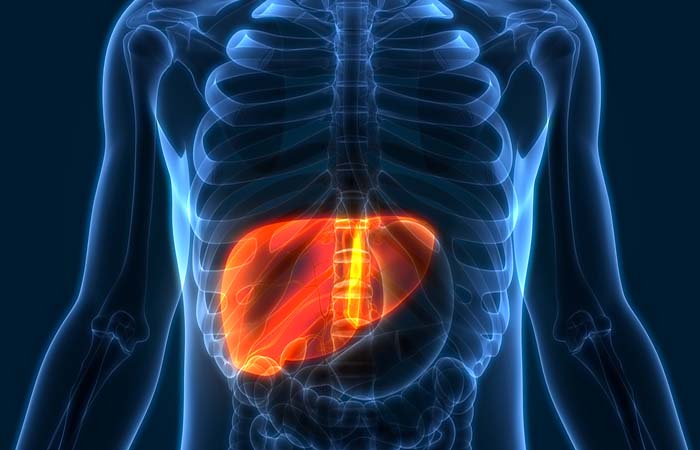Elafibranor approved as first medicine to treat adults with a rare liver disease
In Clinical news
Follow this topic
Bookmark
Record learning outcomes
Elafibranor (Iqirvo) has been approved by the Medicines and Healthcare products Regulatory Agency to treat adult patients with a rare type of liver disease known as primary biliary cholangitis (PBC).
PBC is a rare, autoimmune, cholestatic liver disease, affecting approximately nine women for every one man. A build-up of bile and toxins (cholestasis) and chronic inflammation causes irreversible fibrosis (scarring) of the liver and destruction of the bile ducts.
It is a life-long condition that can worsen over time if not effectively treated, leading to liver transplant and in some cases, premature death. PBC impacts patient’s daily lives through debilitating symptoms including most commonly pruritus and fatigue.
Elafibranor helps to improve how the liver functions by reducing the amount of bile acids the liver produces and reducing the build-up of bile. It also acts by reducing inflammation of the liver.
The recommended dose is one tablet, once a day, at about the same time each day for adult patients. Elafibranor may be given by itself or together with ursodeoxycholic acid (UDCA).
The MHRA’s approval of the medicine is supported by evidence from a placebo-controlled main study involving 161 adults with PBC, the majority of whom had been taking UDCA for at least one year and continued taking it during the study (though some had stopped taking due to side effects).
The measure of effectiveness was based on the number of patients whose blood levels of the substances alkaline phosphatase (ALP) and bilirubin (markers of liver damage) decreased to a level considered normal (for both ALP and bilirubin) and by at least 15 per cent (for ALP) after 1 year of treatment.
The study showed that elafibranor was more effective than placebo at reducing the blood levels of ALP and bilirubin. Overall, levels decreased by the required amount in around 51 per cent (55 out of 108) of patients treated with elafibranor, compared with around 4 per cent (2 out of 53) of patients on placebo.
The most common adverse reactions with elafibranor, reported in ≥10 per cent of study participants, were abdominal pain (11 per cent), diarrhoea (11 per cent), nausea (11 per cent) and vomiting (11 per cent). The majority of adverse events were of mild to moderate intensity.
The new marketing authorisation was granted on 4 October 2024 to Ipsen Ltd, a biopharmaceutical company headquartered in Paris.
Elafibranor is currently undergoing review by NICE and a decision is anticipated later in 2024.

